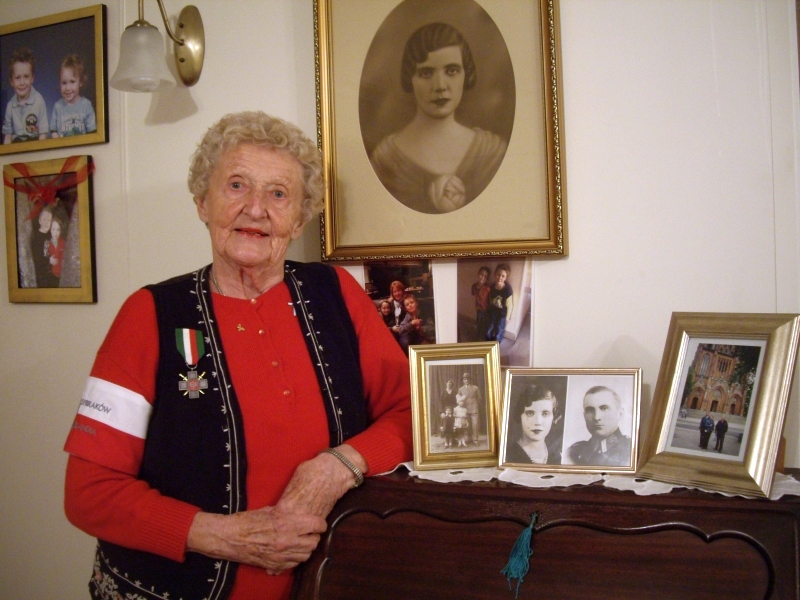Month: April 2021
Rough Roads
Persians called the Kopet Dag mountain range “Bad Mountain.” Turkmens on the other side of the border called it “God Bless You.”
In the second half of 1943, the jagged range became the escape route out of the USSR for the last 300 Polish orphans left in an Ashgabat orphanage in then Turkmen SSR. Today’s satellite imagery shows the only road through the mountains from Ashgabat to Bājgirān on the Iranian side is still a winding monster. Those who did the trip nearly 80 years ago talk of dusty roads, wrecks in valleys, and alcohol giving drivers courage. Locals knew its danger lay in the cold and wind.
Most of the Poles who escaped the USSR with the Polish army in 1942 passed through Ashgabat by rail, and went on to Turkmenbashi on the Caspian Sea. That the Polish army favoured the 500-kilometre rail route from Ashgabat, through the desert to the sea port, rather than the 60-kilometre precipitous track to then-Persia, suggests they, too, respected Kopet Dag. Or perhaps the trains, and subsequent sea voyage, were quicker in the long run—and safer.
It is not clear when Jadwiga née Jarka Cooper and her younger brother, Jan, arrived at the orphanage in Ashgabat. In the latter half of 1941, their stepmother had placed them in the care of an orphanage in Pavlodar, northeast Khazakhstan, 4,000 kilometres away. Like the Jarkas, the Polish children left in Ashgabat were true orphans. Some arrived with older siblings, but without adult help, they could not have escaped the USSR.
Jadwiga—now in her nineties—recalled during an interview with filmmaker Warren Elliot at which I was able to sit in, that the Russians arrested the orphanage’s manager and caregivers. We will never know what happened to them, or what plans the Russians had for the Polish children, but a Mr Orlowski apparently evaded capture, and taught the older children how to cook and wash in bulk, and organised concerts to keep the younger children occupied.
Jadwiga remembered a “man from Ashkhabad.” He and Mr Orlowski may have been the same person.
“The man from Ashkhabad kept going to the office, to try and get us away. He kept begging the Russians to let us go ‘and there will be no more.’
“We were in groups, guides looked after the girls, scouts looked after the boys. We had the password for the gate. Finally, he came in the middle of the night and woke us up. Everybody was ready. The trucks came and took us. We were crying, praying, singing, because we were leaving Ashkhabad.”
Jadwiga and Jan made the trip in September 1943, a full year after Stalin closed his USSR borders to Poles trapped within them. How did the organisers manage to help 300 Polish children slip away? Their password for the gate indicates they followed a plan. Leaving in the dark strongly suggests the need to avoid detection, but there had to have been people left behind who put themselves in danger with the Russian authorities.
The last children arrived in Isfahan in December 1943. September in Ashgabat sits outside the snow season, with temperatures between 16 and 32 degrees centigrade, but the December trip must have been harrowing—winter temperatures range from to between one and 10 degrees. Whoever organised the children’s multiple trips over the Bad Mountain must have known it well.
Pani Jadzia chatted with me for hours in 2016, about her early life in Poland, about her family, about her father—an officer executed in a west-Russian prison by the Soviet NKVD in 1940—and about getting to New Zealand, and living in Pahiatua. She told me that recalling her life drained her emotionally for days afterwards, so I did not push her further than she wanted to go. Her original story was already enough, many times over. I divided it into two, A Shoebox of Ribbons and New Zealand, Land of Everything (except bird milk).

Listening to her again five years later, shows me that age does not diminish the starkest memories, and that there will always be gaps to be filled. I have updated Shoebox. How could I not, after hearing, among other things:
“It was a very winding dirt road, so the drivers had to have a little alcohol. Our driver took a wrong turning in the dust and had to reverse. As he was going backwards, I saw the precipice and screamed. The caregiver threw a blanket on me to stop me upsetting the younger children in the front of the bus.”
On the days that Kopet Dag received the Polish children in 1943, anyone would have agreed that God did indeed bless those Polish children.
—Barbara Scrivens
30 April 2021
_______________
Pani Jadzia’s stories can be found at: https://polishhistorynewzealand.org/jadwiga-jarka-cooper/
Pani Jadzia used the old name for Ashkhabad, now Ashgabat.
Information about the Kopet Dag range came from: https://en.wikipedia.org/wiki/Kopet_Dag
Krystyna Skwarko named Mr Orlowski in section 15 of her book, The Invited.
_______________
If you would like to comment on this post, or any other story, please email editor@polishhistorynewzealand.org.
